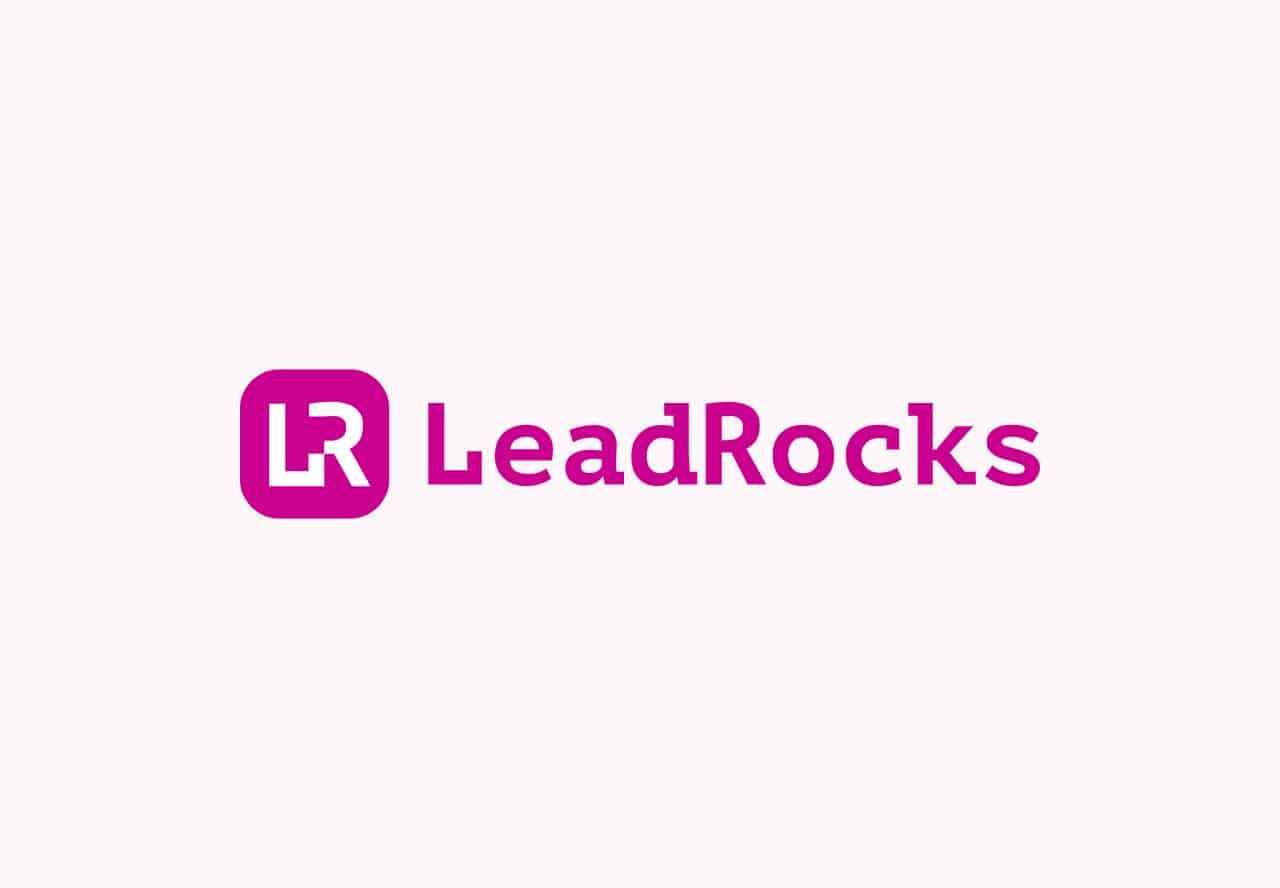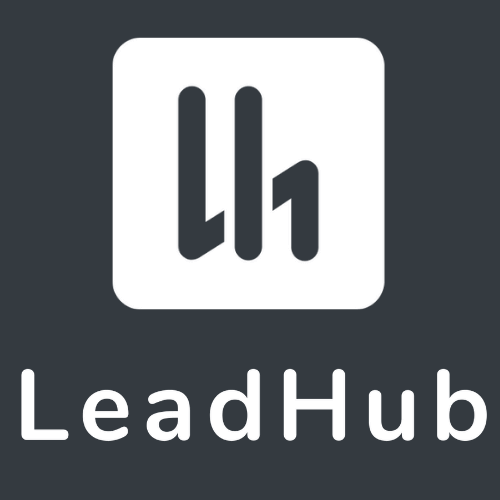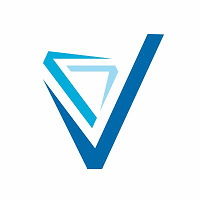Description

ProsperWorks CRM

LeadRocks
Comprehensive Overview: ProsperWorks CRM vs LeadRocks
As of my last update in October 2023, ProsperWorks (now known as Copper) and LeadRocks serve distinct roles within the CRM and sales industries. Here’s a comprehensive overview covering their primary functions, target markets, market share, user base, and key differentiating factors:
a) Primary Functions and Target Markets
Copper (formerly ProsperWorks):
-
Primary Functions:
- Copper is designed as a Customer Relationship Management (CRM) tool that integrates seamlessly with Google Workspace (formerly G Suite). Its functionalities include managing contacts, tracking leads, automate pipeline workflows, and collaborative team functionalities.
- It offers features like email tracking, task automation, reporting dashboards, and mobile access, tailored to provide a streamlined and integrated experience with Google services.
-
Target Markets:
- Copper primarily targets small to medium-sized businesses (SMBs) and industries where teams heavily rely on Google Workspace for their operations.
- It is particularly appealing to sales and marketing teams looking for a CRM solution that does not necessitate heavy customization and technical setup.
LeadRocks:
-
Primary Functions:
- LeadRocks focuses on lead generation and sales prospecting. It provides tools for finding potential leads based on criteria such as industry, location, and company size.
- Key features include bulk lead search, enriched lead profiles with contact data, and export functionalities to integrate with other CRM systems or email marketing tools.
-
Target Markets:
- LeadRocks targets sales professionals, marketing teams, and businesses focused on outbound sales strategies.
- It's often suited for startups, SMBs, and larger enterprises that need extensive lead databases to fuel their sales funnels.
b) Market Share and User Base
-
Copper (formerly ProsperWorks):
- Copper has carved out a niche for itself as a CRM solution for businesses that are deeply embedded in the Google ecosystem. While it might not compete head-to-head with giants like Salesforce in terms of market share, it boasts a dedicated user base due to its ease of use and integration capabilities.
- Its market share is more robust among businesses using Google Workspace, often cited as one of the top recommended CRMs for Google users.
-
LeadRocks:
- As a lead generation tool, LeadRocks may not have the same broad CRM market penetration as Copper, but it serves a vital purpose in the sales development sector.
- Its user base consists mainly of sales teams looking for reliable and scalable lead sourcing solutions. Its market presence is significant within industries that prioritize outbound sales efforts.
c) Key Differentiating Factors
-
Integration with Google Workspace:
- Copper's integration with Google Workspace is a significant differentiator. It’s designed to function especially well alongside Google’s suite of applications, offering a native experience that enhances productivity for users in that ecosystem.
-
Focus on Lead Generation:
- LeadRocks specializes in lead sourcing rather than full CRM functions. It provides comprehensive lead data, which is especially useful for businesses that need to generate large volumes of prospects quickly.
-
Ease of Use vs. Specialized Functionality:
- Copper emphasizes user-friendly design and integration, making it a fit for businesses that prioritize ease of use and quick setup.
- LeadRocks focuses on delivering actionable lead data, offering detailed information that can be critical for outbound sales strategies.
Overall, Copper is best for teams seeking a full CRM solution with tight Google Workspace integration, whereas LeadRocks is preferred by those prioritizing lead generation and detailed prospect data in their sales operations.
Contact Info

Year founded :
Not Available
Not Available
Not Available
Not Available
Not Available

Year founded :
Not Available
Not Available
Not Available
Not Available
Not Available
Feature Similarity Breakdown: ProsperWorks CRM, LeadRocks
To provide a feature similarity breakdown for ProsperWorks CRM (now known as Copper) and LeadRocks, we must first understand that these products serve slightly different purposes within the sales and marketing technology stack. Copper CRM is a customer relationship management tool, primarily designed for managing sales processes and customer interactions. LeadRocks, on the other hand, is a lead data platform that provides contact information and lead management capabilities. Here's a breakdown based on the features:
a) Core Features in Common:
-
Contact Management:
- Both Copper and LeadRocks offer features for managing contacts or leads. Copper provides a comprehensive CRM approach to contact management, while LeadRocks focuses on providing verified contact details for lead generation.
-
Integration Capabilities:
- Both platforms support integration with other tools. Copper integrates well with Google Workspace and other productivity tools, while LeadRocks offers integrations with sales engagement platforms for seamless data flow.
-
Lead Tracking:
- In Copper, lead tracking is an integral part of the CRM process, while LeadRocks tracks the usage and history of leads within its database, though primarily for data and outreach purposes.
b) User Interface Comparison:
-
Copper CRM:
- Copper is noted for its user-friendly interface, particularly its seamless integration with Google Workspace. The UI is designed to feel like a part of Google’s suite of tools, which is intuitive for users familiar with Google products. It offers visual pipelines and dashboards to help manage and analyze sales processes.
-
LeadRocks:
- LeadRocks offers a straightforward and efficient interface, focusing on easy access to contact data and integration with other tools for outreach. Its UI is typically clean and focuses on simplicity, allowing users to quickly find and export contact information for their leads.
c) Unique Features:
-
Copper CRM:
- Deep integration with Google Workspace: Copper is one of the few CRMs built specifically to integrate seamlessly with Google Workspace, allowing users to manage emails, contacts, and calendar events closely with CRM functions.
- Automated data entry and relationship management: Copper uses AI to automatically populate contact information and track interactions without tedious manual data entry.
-
LeadRocks:
- Sales Prospecting: LeadRocks focuses on offering a robust contact database, allowing sales teams to access a wide array of potential leads with verified email addresses and other contact details.
- Web app and Chrome extension: LeadRocks provides tools that enable users to gather contact information directly from LinkedIn, which can be especially beneficial for B2B businesses focusing on LinkedIn as a primary channel.
Conclusion:
While Copper and LeadRocks share some commonalities in contact management and integrations, they cater to different stages of the sales process. Copper offers a broader CRM solution emphasizing Google Workspace integration and workflow automation, whereas LeadRocks specifically strengthens lead generation with its powerful database and prospecting tools. Each product has distinct strengths suited to various business needs, from integrated relationship management to focused lead sourcing.
Features

Integration Capabilities
Reporting and Analytics
Sales Pipeline Management
Task and Activity Management
Contact Management

Lead Generation
Data Management
Performance Tracking
Outreach Tools
Best Fit Use Cases: ProsperWorks CRM, LeadRocks
ProsperWorks CRM, now known as Copper CRM, and LeadRocks serve distinct purposes and cater to different types of businesses and project needs. Here's a breakdown of their best-fit use cases and how they cater to various industry verticals or company sizes:
ProsperWorks CRM (Copper CRM)
a) Best Fit Use Cases:
- Type of Businesses or Projects:
- Small to Medium-Sized Businesses (SMBs): Copper CRM is particularly well-suited for SMBs due to its ease of use and integration with Google Workspace. Businesses that already use Google Suite for email, calendars, and documents benefit greatly from Copper’s seamless integration.
- Project-Based Teams: Companies that operate on a project basis, such as marketing agencies or consulting firms, can use Copper to streamline project-related communications and manage tasks.
- Sales and Relationship-Driven Organizations: Ideal for businesses focusing on building and maintaining relationships, such as real estate, financial advisory, or any business with a consultative sales approach.
d) Industry Verticals/Company Sizes:
- Industry Verticals: Copper is versatile and adaptable across multiple industries including technology, consulting, marketing, and real estate. Its ability to integrate with G Suite means it is broadly applicable to industries that rely heavily on collaboration and communication.
- Company Sizes: While primarily used by SMBs, Copper can also be beneficial for larger enterprises looking for a CRM that marries with the Google ecosystem, though it may require additional customization for more complex needs.
LeadRocks
b) Preferred Scenarios:
- Lead Generation Focused Businesses: LeadRocks is designed for companies that need to source, prospect, and reach out to leads efficiently. It’s ideal for sales teams focusing on outbound lead generation.
- Data-Driven Marketing and Sales Projects: Enterprises or growth-focused startups can leverage LeadRocks for their marketing or sales projects that require extensive data analysis and lead enrichment capabilities.
d) Industry Verticals/Company Sizes:
- Industry Verticals: LeadRocks is highly beneficial for industries such as software as a service (SaaS), digital marketing, and business development, where lead generation and database enhancements are critical.
- Company Sizes: It is suitable for both small teams needing robust tools for lead generation in a cost-effective manner and larger organizations that require extensive databases and automated outreach functionalities.
Comparison Summary
- Copper CRM focuses on relationship management and is optimal for environments utilizing Google Workspace, catering well to SMBs across diverse industries.
- LeadRocks specializes in lead generation and data enrichment, making it ideal for businesses oriented towards growth through proactive lead sourcing, suitable for data-oriented marketing and sales teams.
Both products cater to different business needs and choosing between them would depend on whether a company’s primary need is streamlined CRM functionalities within Google’s ecosystem or robust lead generation capabilities respectively.
Pricing

Pricing Not Available

Pricing Not Available
Metrics History
Metrics History
Comparing undefined across companies
Conclusion & Final Verdict: ProsperWorks CRM vs LeadRocks
When comparing ProsperWorks CRM (now known as Copper) and LeadRocks, it's important to assess their features, usability, integrations, pricing, and target audiences to determine which product offers the best overall value and what specific recommendations can be made for potential users.
Conclusion and Final Verdict
a) Best Overall Value: Considering most factors, Copper (ProsperWorks CRM) tends to offer the best overall value for small to medium-sized businesses focused on managing customer relationships and integrating with G Suite. On the other hand, LeadRocks might be preferred by businesses primarily interested in prospecting and lead generation.
b) Pros and Cons:
Copper (ProsperWorks CRM):
Pros:
- Integration with Google Workspace: Copper is built to work seamlessly with Google Workspace, offering a native experience that benefits businesses deeply embedded in this ecosystem.
- User-Friendly Interface: The interface is easy to navigate, making it accessible for users without extensive technical expertise.
- Automation Capabilities: Automates repetitive tasks, reducing manual workload and improving efficiency.
- Mobile Application: Offers a robust mobile app for managing CRM tasks on the go.
Cons:
- Price: Can be more expensive, especially for smaller businesses or startups with tight budgets.
- Limited Customization: May not offer the level of customization required by larger enterprises.
- Focus on Google Users: Best suited for those heavily using Google products, potentially limiting appeal to those outside this ecosystem.
LeadRocks:
Pros:
- Lead Generation: Specializes in prospecting and finding potential leads, offering significant value to businesses focused on sales growth.
- Database Size: Access to a large database of B2B contacts can be a major asset for outreach campaigns.
- Cost-Effective: Often more budget-friendly than a full-scale CRM, appealing to startups and small businesses primarily focused on lead generation.
Cons:
- Limited CRM Features: As a tool, it lacks the comprehensive functionalities of a full CRM, limiting its utility beyond lead generation.
- Integration Limitation: Might not integrate as seamlessly with some business tools compared to Copper.
- Data Accuracy Variance: Like many lead databases, the accuracy of contact information can vary, potentially resulting in inefficiencies.
c) Recommendations:
-
User Integration Needs: If your organization is heavily reliant on Google Workspace and requires a CRM that's fully integrated with those tools, Copper would be advantageous. Its features are tailored to enhance productivity within the Google ecosystem.
-
Focus on Lead Generation: If your primary need is to expand your contact database and enhance lead generation activities, LeadRocks provides a targeted solution with a substantial contact database.
-
Budget Considerations: For businesses or startups constrained by budget and focused specifically on sales prospecting, LeadRocks might be a cost-effective option. However, if you need a more rounded solution that also manages customer relationships, Copper might justify the higher investment.
-
Long-term Growth: Evaluate what your business needs now and how it may grow. If you anticipate requiring more comprehensive CRM functionalities over time, investing in Copper could provide scalability.
Ultimately, your business's specific needs, existing tools, and growth plans should guide your decision between Copper and LeadRocks. Analyzing these aspects will help ensure that you choose the solution that best aligns with your strategic goals.
Add to compare
Add similar companies



